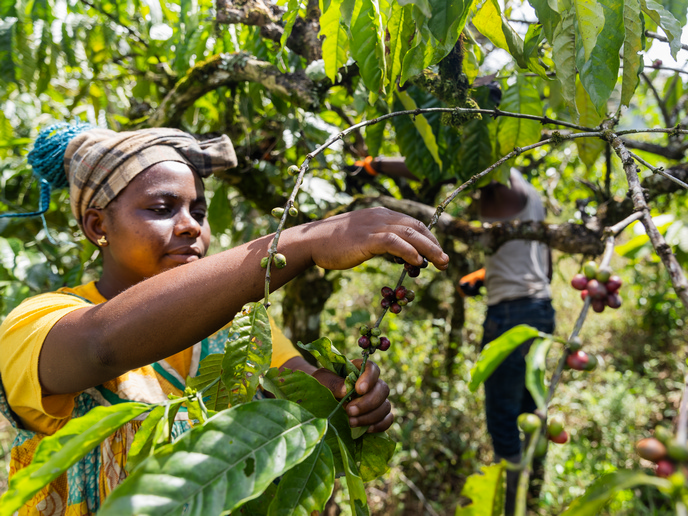Redesigning trade agreements for a sustainable future
Trade has long been associated with economic growth and poverty reduction, creating jobs and facilitating innovation. At the same time, it has far-reaching social and environmental implications, both positive and negative, which are often overlooked.
Trade and sustainability
The EU-funded TRADE4SD(opens in new window) project set out to explore how trade agreements can be revisited to better support the United Nations sustainable development goals(opens in new window) (SDGs), especially in the context of agrifood systems. To achieve this, the consortium mapped the links between trade and specific SDGs. “We found that while trade has the potential to reduce poverty and improve food security, it can also generate serious environmental consequences such as deforestation and greenhouse gas emissions,” explains project coordinator Attila Jambor. However, trade-related discussions have primarily economic dimensions often at the expense of social and environmental concerns. TRADE4SD highlights the importance of addressing such concerns and harnessing the full potential of trade towards sustainable development.
Lessons from the field
Partners conducted in-depth case studies in Ghana (cocoa), Vietnam (coffee) and Tunisia (olive oil), examining how EU trade agreements influence sustainability. The studies revealed considerable differences in how sustainability provisions are included and implemented in EU trade agreements. For instance, Vietnam’s trade agreement with the EU features a specific trade and sustainable development (TSD) chapter designed specifically for environmental and labour standards. However, its practical impact on the sustainability of the coffee sector remains limited due to inadequate stakeholder engagement and capacity constraints. Conversely, in Ghana where the economic partnership agreement with the EU lacks a specific TSD chapter, stakeholders still recognised sustainability as vital for long-term competitiveness in EU markets. Meanwhile, Tunisia’s ongoing negotiations include progressive environmental provisions, especially in water resource management and sustainable agriculture, but these negotiations are still ongoing. “Collectively, our case studies showed that inclusive stakeholder involvement and capacity-building are essential: without them, sustainability provisions remain words on paper,” highlights Jambor.
From research to recommendations
TRADE4SD has developed a set of evidence-based recommendations to enhance the contribution of trade agreements to sustainable development. The project highlights that international trade agreements must support smallholder farmers and provide improved access to markets, targeted training and technical assistance. Engaging local stakeholders in trade negotiations is paramount to ensuring that policies are realistic, equitable and serve local needs. TRADE4SD also calls for a fundamental redesign of how sustainability is incorporated into trade agreements through sustainability chapters that clearly link trade practices with the SDGs. Importantly, rigorous sustainability assessments of agreements must be made prior to implementation to achieve genuine sustainability outcomes. According to Jambor: “Trade policies should no longer be isolated but integrated into the broader EU sustainability framework through enhanced cooperation and coordination across different institutions and policy domains.”
Looking ahead
The next phase of TRADE4SD involves the dissemination of its findings to decision-makers at national, EU and global levels. In addition to influencing future trade negotiations, the team plans to support local stakeholders. “We want our research to lead to real-world change; that means embedding sustainability into every stage of the trade policy process and fostering collaboration across sectors,” concludes Jambor.







